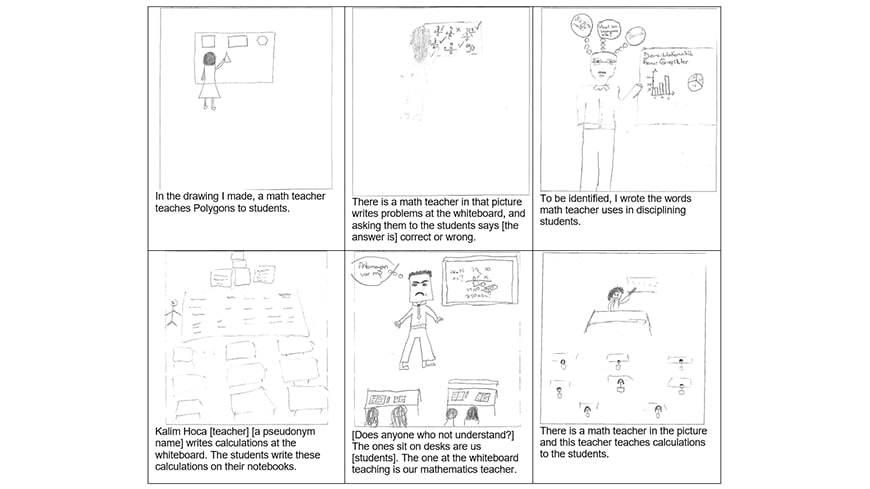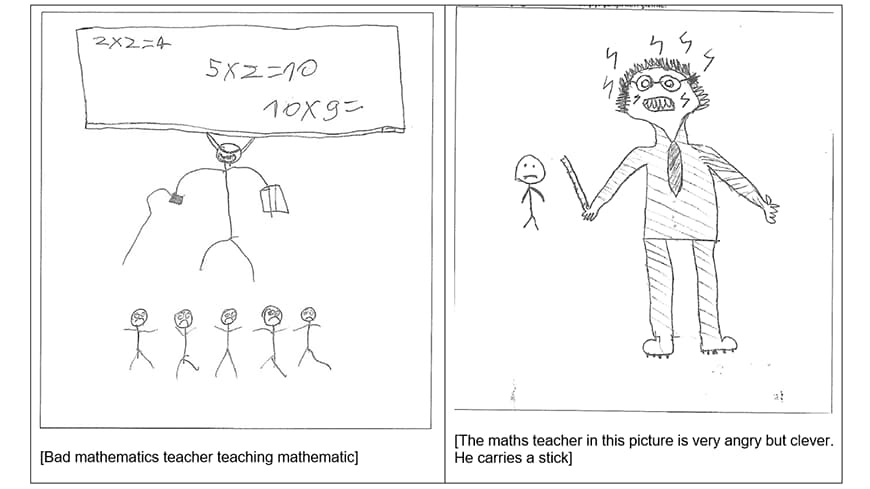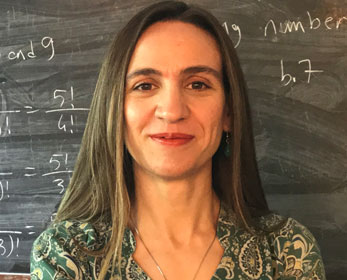Two global studies, both led by Edith Cowan University (ECU) Secondary Mathematics Lecturer Dr Vesife Hatisaru have found more than half of school children associate maths teachers with women and working mathematicians with men.
Between the two studies, a total of 1500 Turkish school students were each asked to draw how they perceived mathematics in the classroom, and in everyday life.
In Dr Hatisaru’s first study 70 percent of the 1284 lower secondary students drew pictures of maths teachers, and most of them were female.
While 20% depicted working mathematicians or scientists, almost all of them were male.

“What this shows is that most students when they think of what maths means to them, they think of it in a classroom setting which is a rather traditional view,” Dr Vesife Hatisaru explained.
“When we asked the students whether they enjoyed learning about maths, more than half had impartial or neutral views and about seven percent disliked it very strongly.”
Among the grade six and seven students, all aged 11 to 14, who portrayed negative feelings towards maths, drew angry or exhausted teachers.

“For the purposes of our research, we describe these as creature teachers, where students dislike maths because they didn’t like their teachers,” Dr Hatisaru said.
“However, there was still a portion of students who viewed mathematics as an important part of their education despite having a negative perception of the teacher.”
Of the 1284 students involved in the first study, 72% found maths was an important part of their education.
A total of 517 students found maths to be useful in daily life, for example paying for a bus ride, shopping and to measure objects and distances.
“Students highlighted the need for maths knowledge and skills for university too, in particular to get jobs in professions such as engineering, astronomy and even tourism,” Dr Hatisaru said.
“What we also found is that children acknowledged technology wouldn’t be possible without mathematics, the same goes with building robots and machinery.”
The next wave: Women in STEM
With a push towards more women in STEM in Australia and around the world, there were positive insights.
Out of 120 students surveyed in the second study, female students expressed more positive attitudes towards science and mathematics disciplines than males.
"Half of the students surveyed preferred to pursue a STEM career, such as an engineer, a surgeon or pilot.”
“Among them, 29 females showed an interest in studying computing and other science-focussed careers,” Dr Hatisaru said.
Global leader in mathematics research
Dr Vesife Hatisaru has actively participated in national and international conferences and has regularly contributed to the work of improving mathematics education.
Dr Hatisaru is a member of the executive team for the International Group on Mathematical Views (MAVI) and the Mathematical Association Tasmania (MAT), and co-editor of the International Journal for Mathematics Teaching and Learning (IJMTL). In 2023, Dr Hatisaru co-edits a Special Issue with the International Journal of Mathematical Education in Science and Technology.
 Most of the 1500 children surveyed associated maths teachers with being a woman.
Most of the 1500 children surveyed associated maths teachers with being a woman.



